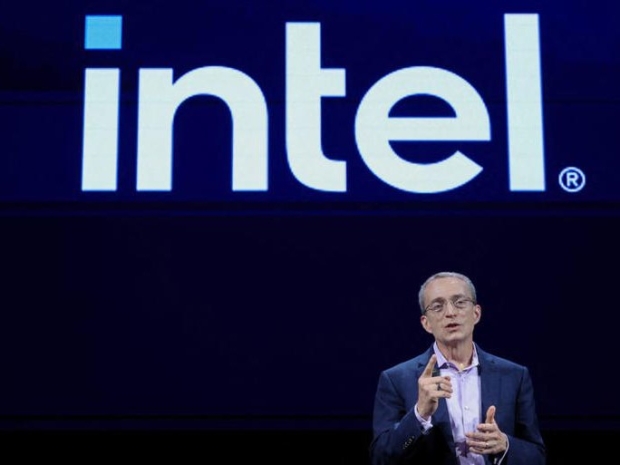CEO Pat Gelsinger told the throngs at the Computex tech conference in Taiwan that Intel's Xeon 6 processor will deliver better performance and power efficiency for high-intensity data centre workloads than its predecessor.
Like many Chipzilla these days, the announcement followed Nvidia and AMD’s announcements of new AI chips, as they jostle for leadership in the booming industry.
It comes six months after Intel launched its 5th Gen Intel Xeon processors for data centre workloads and two months after announcing the Gaudi 3 processor for AI model training and deployment.
Intel also revealed that prices for the Gaudi 2 and Gaudi 3 AI accelerators are lower than those of rival chips.
"Customers are looking for high-performance, cost-effective gen AI training and inferencing solutions, and they've started to turn to alternatives like Gaudi. They want a choice. They want open software and hardware solutions and time-to-market solutions at dramatically lower total cost of ownership," Gelsinger said.
Intel revealed architecture details for its upcoming Lunar Lake processors "to continue to grow the AI PC category." The Lunar Lake chips, expected to ship in the third quarter, will compete against Nvidia's and AMD's chips specifically designed for AI PCs.
Intel is trying to catch up to Nvidia and AMD after having largely been on the sidelines of the AI frenzy, which saw tech giants like Meta, Microsoft, and Google buy up as many Nvidia chips as possible.
Both Nvidia and AMD have outlined roadmaps for new data centre chips on an annual basis. On Sunday, Nvidia revealed new "Rubin" chips to succeed the previous "Blackwell" model, which was just announced in March. AMD has detailed timelines for new Instinct accelerators each year till 2026.
Unlike chip designers Nvidia and AMD, Intel not only designs but manufactures its chips. However, its foundry business has been struggling, recording a more comprehensive operating loss of $7 billion in 2023 compared to the prior year.
It lost its edge in chip manufacturing to overseas rivals like Taiwan Semiconductor Manufacturing Co. However, nearly $20 billion in CHIPS and Science Act funding from the Biden administration could help Intel advance its semiconductor manufacturing and R&D.




